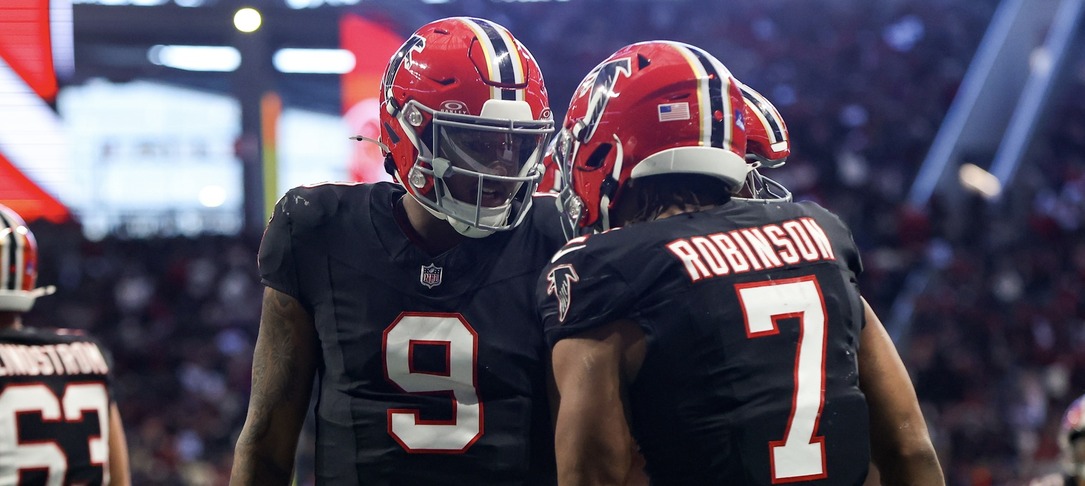Massachusetts is known for its colleges, and the Bay State is certainly giving sports betting the old college try in 2022. Unfortunately, the differences between the House and Senate sports betting bills are vast and unlikely to be worked out in conference committees.
With a July 31 deadline looming, the sports betting conference committee has failed to come to an agreement. That means sports betting’s chances are down to a wing and a prayer. The deadline isn’t firm, but a compromise post-July 31 can be derailed by a single member of the legislature objecting. That means sports betting is all but dead until 2023 if the conference committee doesn’t pull a rabbit out of a hat this weekend.
Let’s assume the conference committee doesn’t produce a compromise bill. the good news is the state will be a leading candidate to legalize in 2023. The bad news is it’s been a leading candidate every year since the Supreme Court repealed the Professional and Amateur Sports Protection Act (PASPA) in 2018. More troubling, the problems that derailed this year’s effort will still exist.
Problem #1: College Betting
College betting is being touted as the most significant sticking point. Colleges, plentiful in Massachusetts, are firmly opposed to betting on college athletics. The industry is pushing for it.
According to Senate President Karen Spilka, “We have heard from every single college president and all the athletic directors begging us to not include college betting in these bills, that it is not a good thing.” Spilka went on to say that she’s not concerned about the potential revenue loss and feels the House should be willing to move off its hardline position.
The frustrating part is that this shouldn’t be a make-or-break point. Estimates put college betting at $25-35 million, with the total market size expected to reach $565 million, according to Eilers & Krejcik Gaming.
So, whether it’s prohibited, authorized, or a compromise that limits the ban to in-state college betting, it will have a negligible impact on the overall market.
Problem #2: Tax Rates
A simple but genuine issue is the disparate tax rate. The House chose an industry-friendly rate of 12.5% on retail betting and 15% on mobile bets, while the Senate’s rate of 35% looks to maximize state tax revenue.
Problem #3: Advertising
Advertising is one of the more interesting disagreements, as the House barely touches on the topic. At the same time, the Senate bill looks to codify strict advertising guidelines into law, including a whistle-to-whistle ban and a requirement that 85% of an audience is 21-plus.
The Senate restrictions come with legal questions, which may keep them out of a compromise bill or make their inclusion moot, as the limits could be unconstitutional.
Problem #4: Licensing Access
The two bills slightly differ when it comes to licensing. Both bills allow casinos to apply for licenses but diverge on mobile licenses, with the House being more open to untethered mobile licenses.
More importantly, there is a now-public push to let teams and arenas play a more prominent role in the sports betting industry.
Dave Friedman, Executive VP of Legal and Government Affairs for the Boston Red Sox, discussed the possibility of sports franchises and venues playing a bigger role in the sports betting space at the NCLGS conference held in July.
Per reporting by Legal Sports Report, Friedman said:
“We’re focused with the leagues and the other pro teams on a different concept which is what some states like Illinois, Arizona, Washington DC, Virginia, and Ohio have done, which is to say when you have licenses for sports betting, give the pro teams or venues a licensing opportunity whether you’re the license holder or whether with a partnership with an operator.”
Items To Surface In 2023
In addition to the big issues, several more minor matters will persist or resurface in 2023.
Credit Cards – The usage of credit cards is prohibited in the Senate bill. A credit card prohibition is essentially a feel-good regulation, but it could be an issue that sways a few votes if it is removed.
Kiosks – Kiosks at bars and other non-gaming venues were left out of both bills. That said, it was a hot topic of conversation throughout discussions and will undoubtedly be revisited next year.
Online Lottery – Online lottery continues to elude the Commonwealth. Based on Treasurer Deborah Goldberg’s past statements that the lottery needs to go online before or concurrently with any other expansion, the topic will continue to play a role in sports betting legislation. Online lottery was stripped from a $4.3 billion economic development act in July.
Responsible Gaming Policies and Problem Gambling Funding – There is increasing interest in RG and PG. While Massachusetts spent plenty of time on it in 2022, expect advocates to increase their asks in 2023.
Legislative turnover and a new administration – Election years are always consequential, with legislative turnover leading to slowdowns. Turnover means new lawmakers to educate, and possibly significant differences of opinion between the new lawmakers and the previous holders of their seats. 2022 will also see a new governor elected, as current Massachusetts Gov. Charlie Baker is not running for reelection.






